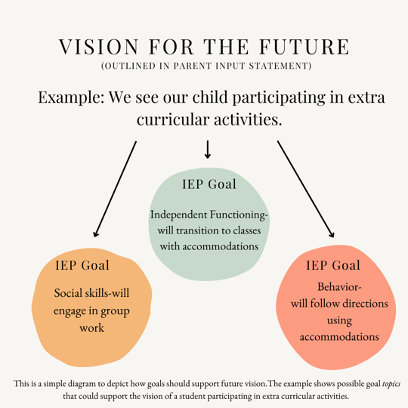
My colleague Dale Borman Fink, PhD, interview children about what they think when teachers take away recess, why they think teachers do it and whether it “works.” In this article, Dale and I review what the children had to say and share their perspectives. The children “favored recess and other parts of school that allowed physical activity and social interaction over more sedentary, isolating parts of school. Children were thoughtful and also offered Many understood teachers’ rationale for withholding recess; some thought it was helpful, up to a point. Others did not think it was solving the problems it was designed to address.”
They were skeptical it was having a beneficial effect on the small number of peers who lost recess regularly. Most respondents showed deference to their teachers and were inclined to regard them as wise and fair. The data from these interviews indicated that many children experienced anxiety, regret, and sometimes resentment with regard to the practice of withholding recess. Many wished teachers could identify other means of discipline to address issues that led to losing recess.
While this is a small study, it is insightful for all of us. The children’s voice is invaluable to discussions about recess and learning. If you would like to read this article in its entirety, click here for a link to the article in the Journal of School Health. If your institution does not subscribe to the Journal, please contact me directly for a copy for your personal use: DrR@SuccessfulHealthyChildren.org
Fink, D. B. & Ramstetter, C. (November, 2018). “Even if they’re being bad, maybe they need a chance to run around”: What children think about recess. Journal of School Health.



